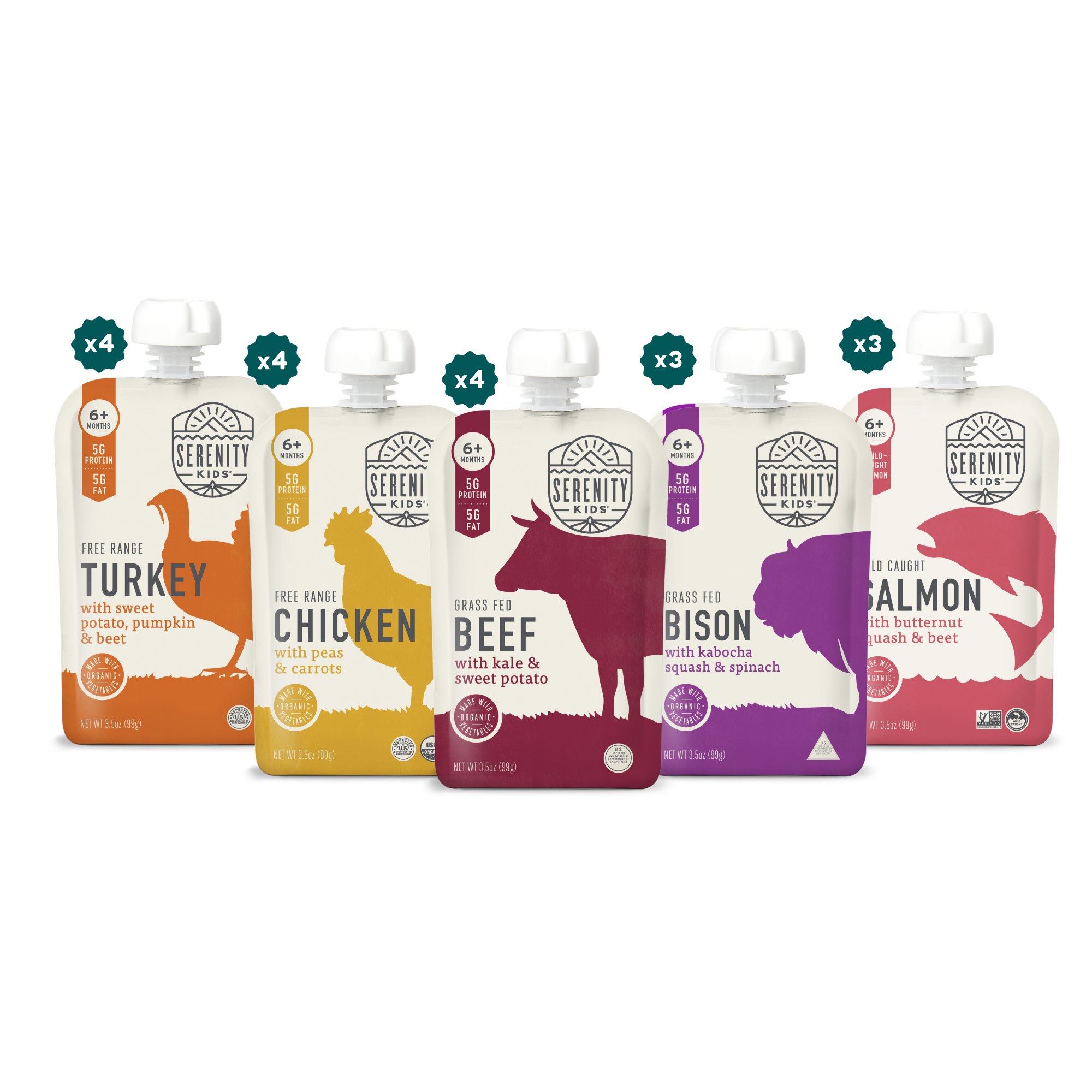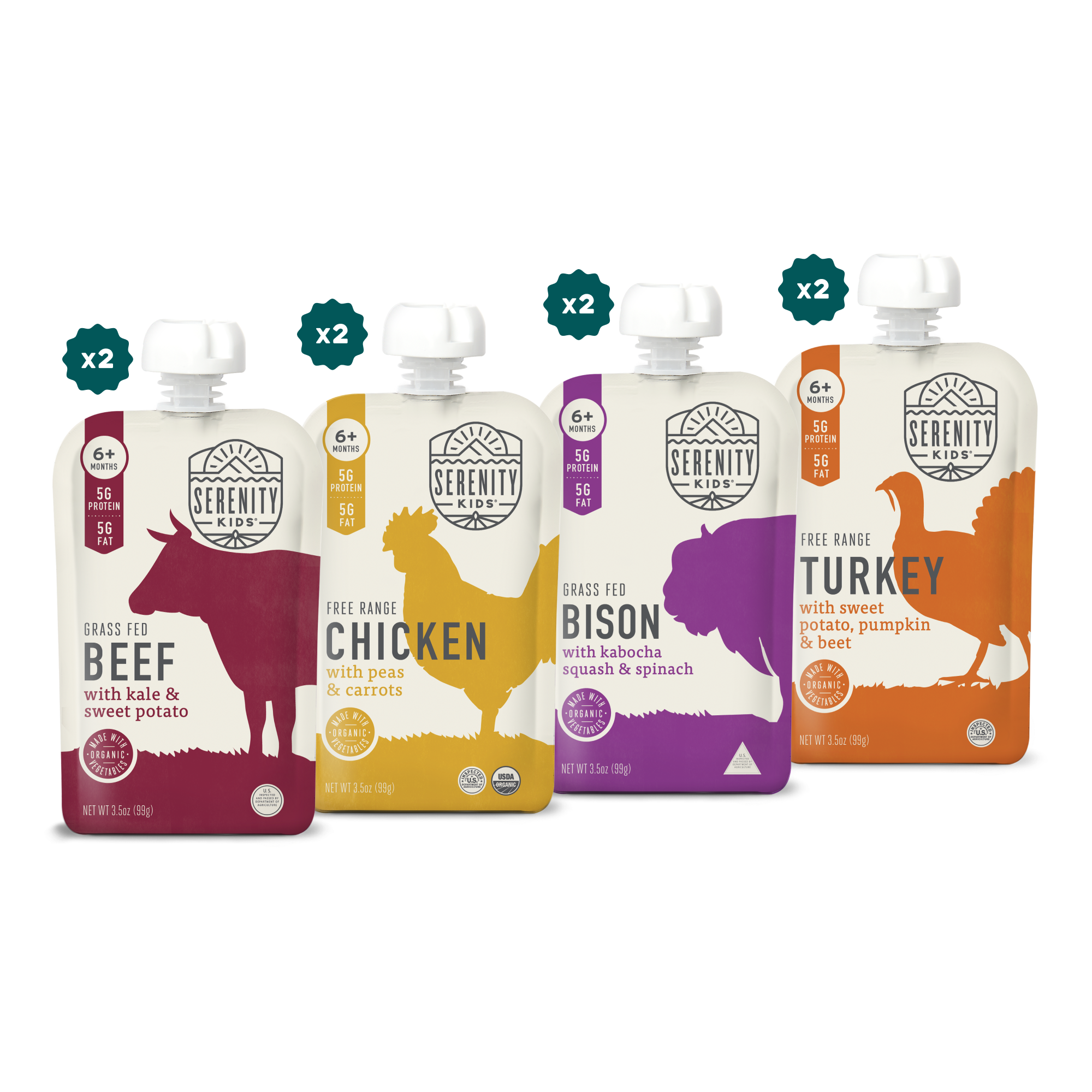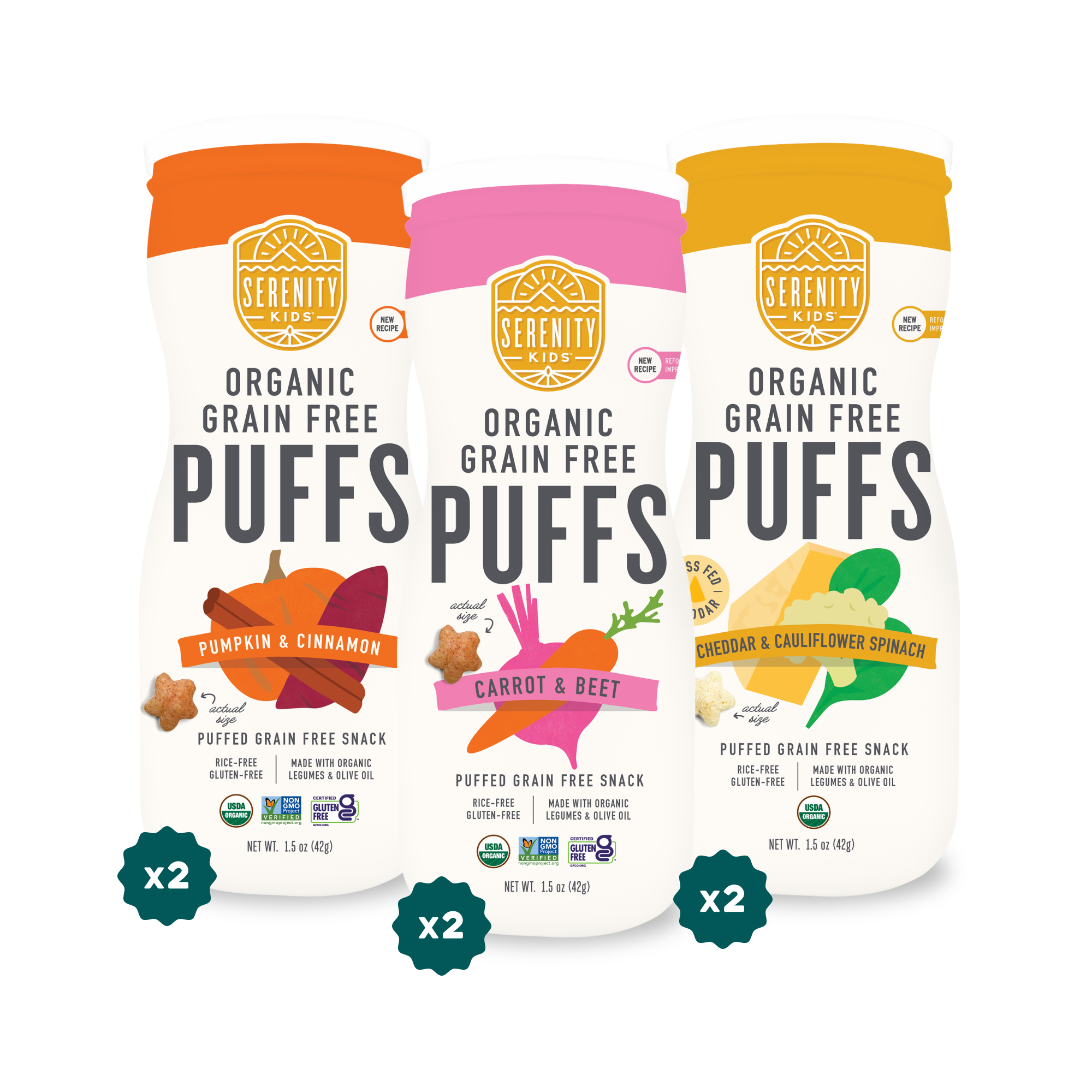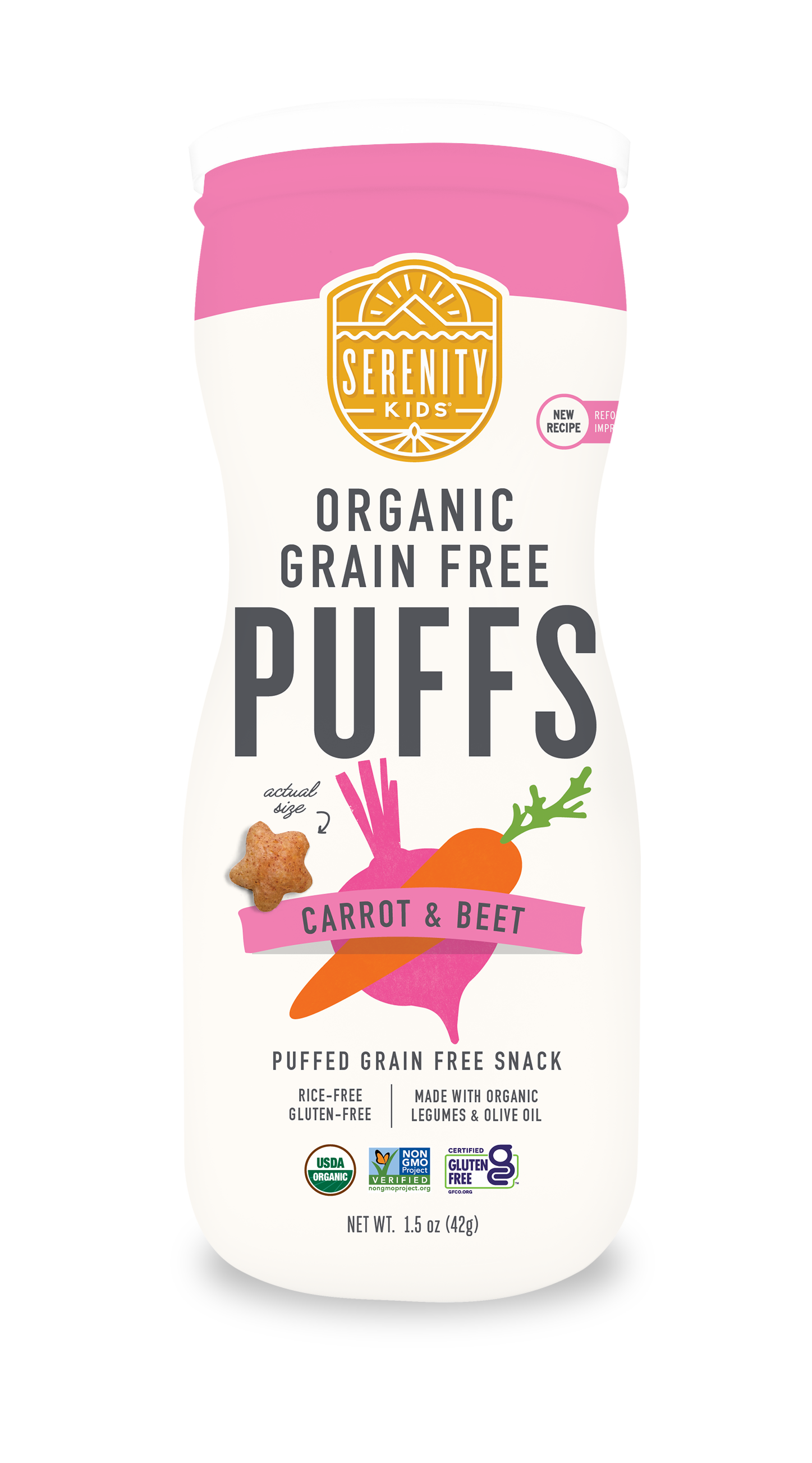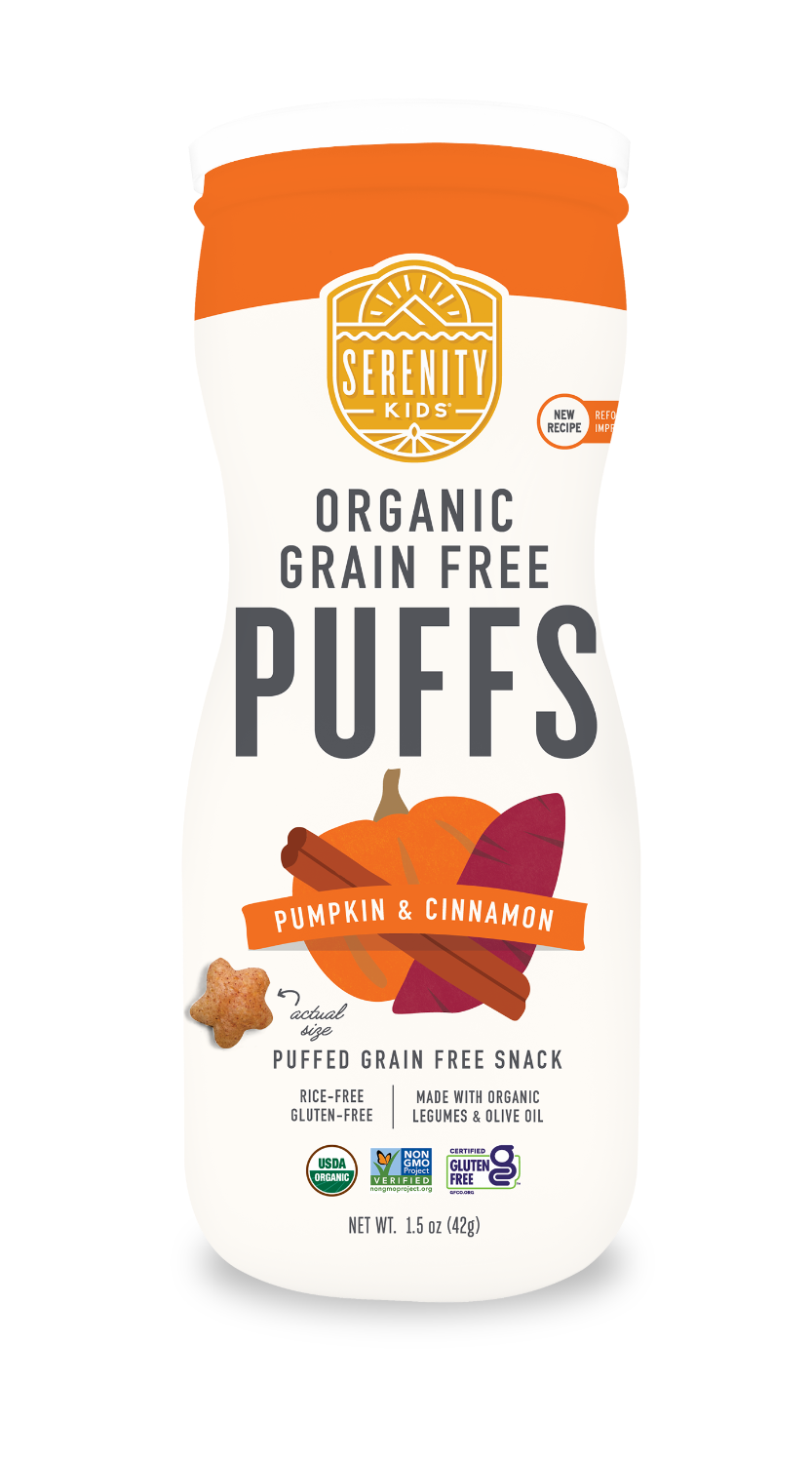By: Hillary Bennetts
Temperatures are dropping and the leaves are changing. It’s the season for sweaters and scarves, and unfortunately, germs. While exposure is inevitable, there are certain things you can do to help your little one have a better chance at fending off all of those unpleasant bugs.
Before we get into it, it’s helpful to have a general understanding of how the immune system works. Our immune systems have two types of defense mechanisms: innate and adaptive.
- Innate – this includes the mechanical barriers that cover the body (a fancy way of saying skin) as well as the cells and chemicals that are the “first responders” to a pathogen that has made it into the body. The innate defense mechanism is also called the nonspecific defense mechanism because all human bodies come equipped with essentially the same innate “system”. It is not specific to your individual body.
- Adaptive – this line of defense provides protection against specific antigens (toxins, bacteria, and other substances that are recognized by the body as foreign) and activates the immune system. The adaptive defense mechanism is also called the specific defense mechanism because these defenses are specific to your body and the encounters it has previously faced with specific antigens. In other words, if your body was previously exposed to a virus, your adaptive immune system knows the virus better and is more equipped to fight it than it was the first time it was exposed. This is why babies and kids are more prone to illness than adults - they have had less exposure to illness to help develop their adaptive immune systems.
Within these defense mechanisms are three lines of defense. The first and second lines of defense are innate and the third line is adaptive.
- First line of defense – this includes the skin as well as mucous membranes and their secretions (things like your saliva and mucus in your respiratory system)
- Second line of defense – this comes into play if the first line of defense is compromised. It includes cells and chemicals like: phagocytes (specialized white blood cells), natural killer cells (pretty descriptive name: they can kill infected body cells and some tumor cells), your inflammatory response, antimicrobial proteins, and fever (yep, that’s right, a fever is a sign that your body’s defense system is working!)
- Third line of defense – this comes into play if the first two lines of defense are unable to effectively fight an invader. Again, the adaptive nature of this line of defense is why babies and kids seem to get sick so much more than adults, because this line of defense in an adult’s immune system has had several years to adapt to specific antigens and “learn” how to better fight them, whereas a baby has had little exposure.
So now that we have some context we can better grasp how to help support the immune system with the following tips. Of course, be sure to check with your doctor on dosing and supplements for your little one.
- Wash hands: It might seem simple, but remember, the skin is part of the innate system. So if you can avoid getting germs into the body in the first place, the body has less to fight. Get in the habit of cleaning your hands and your kids hands before eating and after you return home from being outside where you likely picked up germs on your hands. It might seem futile with little ones who put everything in their mouth, but do what you can and don’t stress the rest.
- Vitamin C: Vitamin C is one of the first things that comes to mind when many people think of immunity. Why? Because it increases the production of white-blood cells and antibodies (antigen-fighters). It is found in a number of foods like broccoli, cauliflower, bell peppers, and leafy greens. For a supplement, I like Pure Radiance by Pure Synergy. A tiny pinch can be sprinkled onto baby’s food.
- Vitamin D: Vitamin D has been shown to help regulate the innate and adaptive immune responses, and normal levels of vitamin D promote genetic expression of several immune cells. Vitamin D is found in certain foods like salmon and egg yolks and can be synthesized through sunlight, but often supplementation is needed in order to get sufficient quantities. In fact, the AAP recommends supplementation of 400 IU daily in breastfed babies (unless mama is getting at least 6,400 IU herself). This can be achieved through a cod liver oil supplement (Rosita is my pick) or a drop (like Nordic Naturals for infants and Seeking Health D3/K2 for older babes).
- Vitamin A: Vitamin A is a critical part of both the innate and adaptive immune response. By supporting the structural integrity of mucosal cells, it helps to keep our first line of defense physically intact. It also supports proper function of immune cells. Foods rich in vitamin A include carrots, sweet potato, and liver, and a good supplement is the same cod liver oil that contains a great source of vitamin D!
- Probiotics: Multiple studies have linked gut health to immune health. Little ones will likely not eat a variety of fermented foods (but will benefit if a breastfeeding mama does), so a supplement can be beneficial, particularly if the little one has had a course of antibiotics. Klaire Labs Infant and GutPro Infant are favorites thanks to their inclusion of beneficial Bifidobacteria and Lactobacillus strains (be sure to buy from a reputable supplier that ships cold!). Both are a powder that can be mixed with a bit of breast milk and added to the nipple before feeding, or added directly to another liquid or food. A great spore-based option is Just Thrive (Use code PURPOSEFULPLATE at checkout for 15% off). The capsule can be broken apart and added to any liquid or mixed in with food, hot or cold.
- Breastfeed: It can be a challenge and isn’t always feasible, but breastfeeding in any amount has immunological benefits.
Ultimately, illness will happen and it is no fun to see your little one sick. Take the steps you can to help prevent sickness and minimize duration and discomfort, and give your bodies a good start by eating well and getting good sleep.
 Hillary Bennetts is the founder and owner of Purposeful Plate Nutrition. A member of the National Association of Nutrition Professionals, she provides nutrition consulting services to individuals and businesses. Hillary holds a BA in Economics from Washington and Jefferson College, an MBA from Emory University, and an NC from Bauman College. A marathoner, mountain climber, and mama, she lives in Colorado with her husband, son, and golden retriever.
Hillary Bennetts is the founder and owner of Purposeful Plate Nutrition. A member of the National Association of Nutrition Professionals, she provides nutrition consulting services to individuals and businesses. Hillary holds a BA in Economics from Washington and Jefferson College, an MBA from Emory University, and an NC from Bauman College. A marathoner, mountain climber, and mama, she lives in Colorado with her husband, son, and golden retriever.
Instagram: https://www.instagram.com/purposefulplatenutrition
Website: www.purposefulplatenutrition.com
Buy Now

























